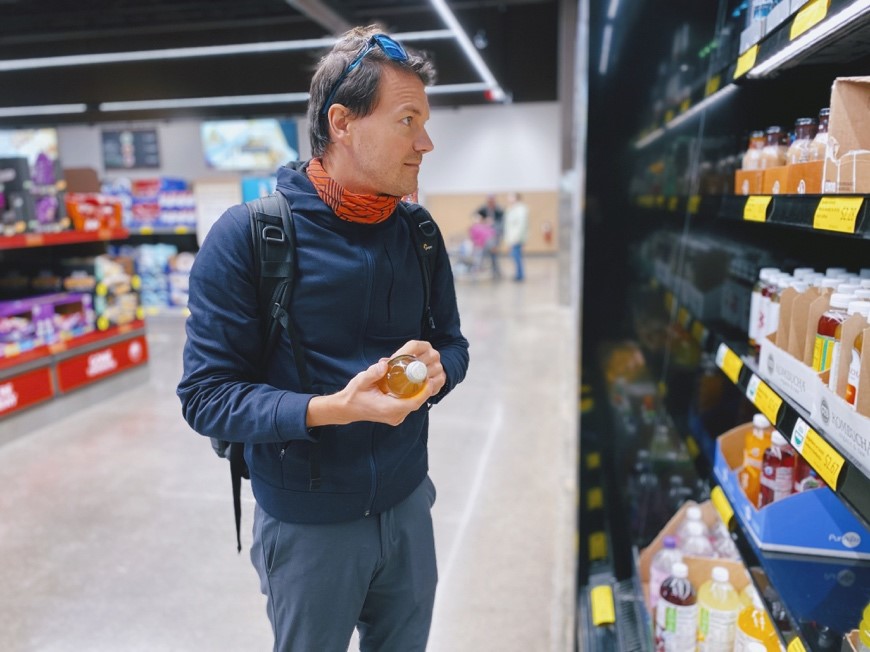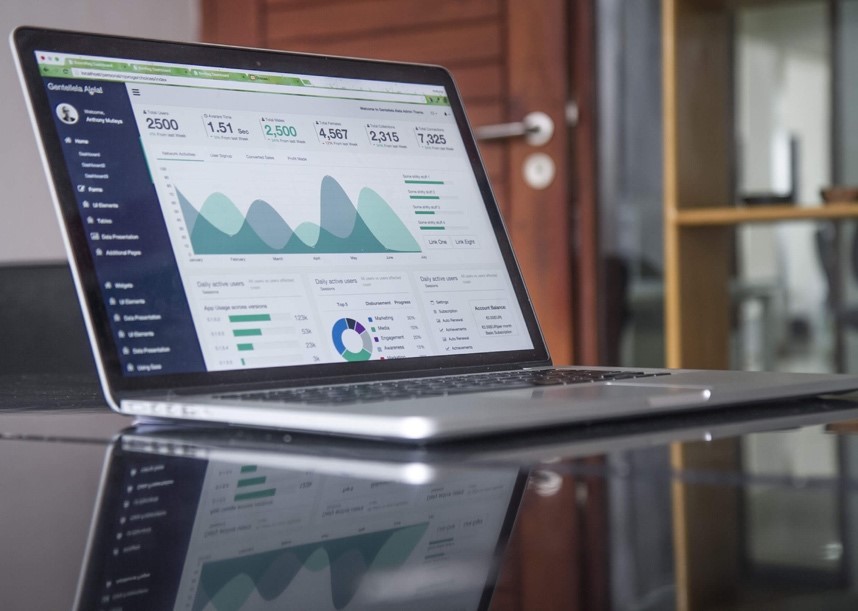This blog was written and contributed by:
I have been involved in the Consumer Goods Industry for almost 43 years and in all that time, I have neve
We operate in a connected world with a global supply chain. Whether produce or beef from South America, a skin care product from Japan, or coffee produced in Europe, the world has learned how to make and move goods with speed and efficiency. Companies have invested billions and people’s entire careers on perfecting the supply chain to bring high quality goods to consumers around the world.
We have also experienced the challenge of a connected world when a disrupter, like COVID-19, can quickly spread and turn into a global pandemic. When the unexpected occurs, we have the responsibility to BE READY and BE RESPONSIVE.
A Brand is Built on Trust
The very foundation of a brand’s relationship with a consumer is trust. Consumers trust that the product is safe and trust that products perform as promised. And I use the term “brand” in a very expanded framework. A box of chocolate is a brand, a retail store is a brand. Our industry has spent countless hours and dollars to ensure safety and quality are built into each and every product. Activities like the Global Food Safety Initiative, HACCP Control techniques and environmental monitoring are just a few examples of the investment and foresight our industry has put in place. Consumers trust our brands and stores because we deliver on our promise of quality and safety.
But every once in a while, something goes wrong. Foreign material can get into the product as it is produced, foodborne bacteria can invade a product, or an allergen can inadvertently be undeclared on a label.
The good news is this “every once in a while” need for a company to initiate a recall is infrequent. As an example, in the last three years, the US Food & Drug Administration (FDA) has posted 811 Food / Beverage recalls. These recalls came from 570 different food companies out of the tens of thousands the FDA has registered. That means that only about 6% of food companies have initiated a recall in the last three years, which is an impressive achievement for the industry. A typical company or recall initiator only has to execute a recall once every three years or even less frequently. At the other end of the equation, most retailers, wholesalers and distributors have to manage these recalls, averaging two per week!
There is a huge challenge in this: because recalls happen so infrequently for a given manufacturer, producer or supplier, they are often managed in a crisis mode with inconsistent processes, and often are not bound by geographic company management structures.
The challenge trickles down to the retailer who has to act on a recall, as information comes to them in different forms and with huge variation in completeness. Today, recall communication is often a series of hand-offs from a recall initiator to a relationship manager at an impacted retailer to a supply chain leader. Companies often use different nomenclature to mean the same thing.
Your Brand at Risk
As the clock ticks, brand value starts to erode and the costs of recovery start to climb. All the work to get prod
Research indicates that the average recall costs a business ten million dollars. If that’s not staggering enough, a correlation exists between the speed of a recall and its total cost. When companies deny or delay taking action, the immediate damage to sales is compounded by the lost trust from lack of transparency. Direct costs like product credits, product transportation, disposition, and the like, along with indirect costs like lost sales, strengthening or rebuilding your brand’s reputation, and liability mount quickly if action is delayed or communication confusing.
There are three simple parts to a solution that are driven by our responsibility to BE READY and BE RESPONSIVE:
- Practice the recall process so events are not managed as a crisis.
- Communicate complete, accurate information fast, from the initiator to the distributor to the point of sale.
- Leverage existing technology and Open Standards.
Let’s start with the need to Be Ready! It isn’t easy to do something different, even if you aren’t an old dog learning new tricks. It takes practice to do anything well, not to mention something you seldom, if ever do. Practice makes even the rare or infrequent event feel not so awkward and unknown. Companies do not wait for a building to be on fire before running a fire drill, and they do not wait for a business disruption to develop a disaster preparedness plan.
A product recall threatens greater losses to business value, brand image and consumer confidence than almost any other business event. In addition, regulatory agencies increasingly look for verifiable recall plans as part of a company’s crisis management preparation. Both of these business realities say that practicing a recall is in every company’s best interest.
Regular practice with two mock recalls a year turns the crisis response into a normal, repeatable business process that works consistently. Making the practice events as close to the real thing by following industry best practices ensures that your entire supply chain – that’s right, the one that stretches around the globe – can help you protect your brand and your consumers.
The second requirement is to Be Responsive! Once Ready, a company also has to ensure Responsiveness when it’s time to act. The decision to act may take time, deliberation, data collection, prudence. But once the decision is made, urgent action can begin, with specific attention to accurate information communicated quickly.
Existing technologies and best practices designed for this purpose can be leveraged to ensure accurate information is communicated. Let your customers know you take their trust seriously by responding quickly and efficiently with accurate information to get compromised product out of the supply chain, protect your customers and your brand.
Regardless of the product or defect, all information must be communicated and maintained clearly and accurately. Access all the work that’s been done to standardize recall communications so your supply chain partners get actionable information. It’s easier now than ever before to automate this communication through multiple channels to make sure the importance of the message isn’t missed.
Also, the information must be communicated quickly. Significant product recalls or withdrawals often include a public communication from the producer, a regulatory agency, or a publication like Food Safety News. In an age of amplified social media, information quickly reaches consumers who wonder about the status of a product they just bought or had in their basket to purchase. Recall communication needs to happen quickly – a 30-minute period is best practice or rule for any kind of public announcement so that those at the consumer interface are equipped.
A Recall Ready Community
It may feel like these two general principles gloss over the details and complexity contained in even the most benign product recall or withdrawal. The number of people involved, and the actions taken, scale to the hundreds of thousands and millions very quickly. Once started, a well communicated recall generates action locally or regionally or nationally or even globally to remove product from the supply chain. These actions, when supported with clear information and instructions, protect brand image by telling your trading partners and your consumers you care about them. When your customers know you have their health and interest at heart, it strengthens the trust at a moment when that hard-earned trust is at risk.
A well performed product recall or withdrawal protects your brand and instills a confidence along the value chain that is hard to replace.

Recall Infolink/ SummitVentures LLC
Contact:
[email protected]
[email protected]
